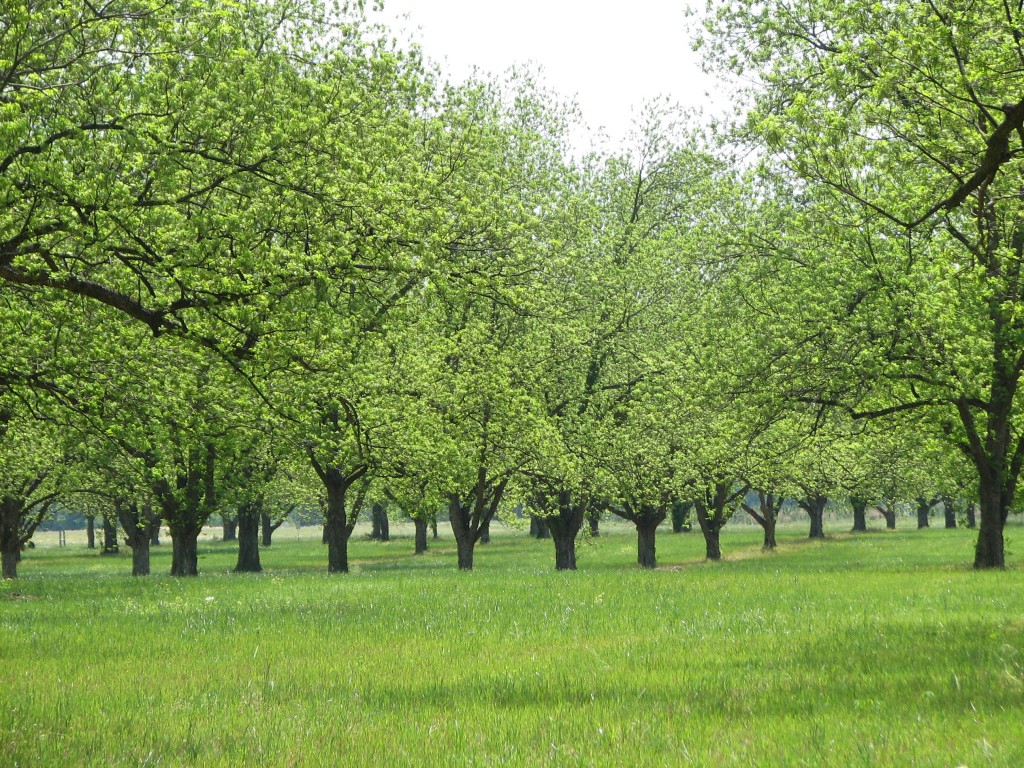Disease
-
Fungicide costs, like seemingly everything, have gone up a little this year. Some, like the tin products, have gone up dramatically. When I checked a couple weeks ago, Tin was at $120/gal. This may lead many growers to look for other options aside from Tin when the time comes. However, a word of caution on…
Posted in: Disease -
Anthracnose, bacterial leaf scorch, nutrient imbalance and mites are common causes of leaf scorch. Starting this July, we started seeing leaf scorch in our mature trees. When we see scorch, the UGA Plant Disease Clinic can confirm if a pathogen is the cause. Bacterial leaf scorch is generally found a one or a few varieties.…
Posted in: Disease -
As we enter August shell hardening is upon us for Pawnee and other varieties are only a few days to weeks behind. This means that for Pawnee we are shifting from nut sizing to kernel filling. As a result there are two things to keep in mind: 1) You should be about done with fungicide…
-
For many growers, this post is stating the obvious, but its just a reminder to not to be caught off guard following our dry weather through June. We are currently in a highly critical period for scab protection. The nuts are sizing very rapidly at the moment and within just a few days of spraying…
Posted in: Disease -
Growers get antsy this time of year and are itching to spray. However, unless you are in a very scabby location with highly susceptible cultivars, there is no reason to begin spraying at this point. We are likely at least 10 days to 2 weeks away from needing to begin fungicide sprays in most areas.…
Posted in: Disease -
The 2022 Pecan spray guides are available on the UGA Pecan website or directly at: https://secure.caes.uga.edu/extension/publications/files/pdf/B%20841_11.PDF Presentations given by Andrew, Jason, and myself at the 2022 county production meetings are available here: https://pecans.uga.edu/resources/presentations/county-meetings.html
-
The never-ending array of challenges each pecan crop presents continues with the 2021 pecan crop. From the beginning this year’s crop has appeared late and short. The intermittently cold spring pushed budbreak back and greatly slowed the progression of foliage expansion, and thus flowering and crop development by at least 10 days. This may have…
